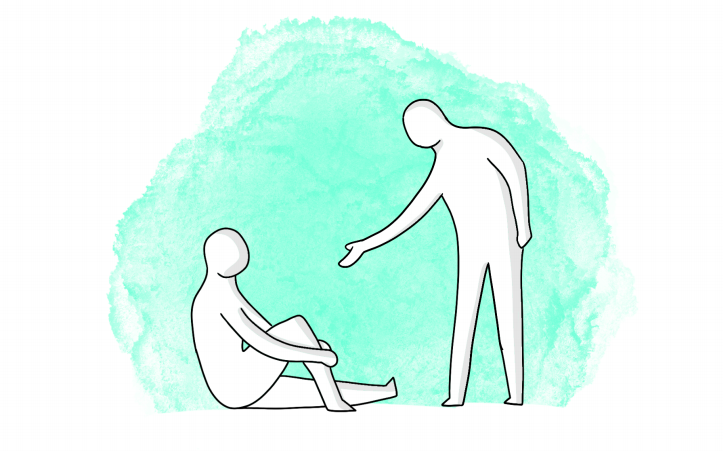As part of a larger effort to prevent sexual misconduct on campus, the Deerfield administration formed the Sexual Misconduct Response Committee (SMRC) in the 2019-2020 school year.

Sexual misconduct cases used to go through the similar process as disciplinary cases, but with a panel of all faculty rather than both faculty and students. This year, each SMRC case has involved the Dean of Students, the Class Dean, and three trained faculty members. A third party may be involved to help with the investigation if facts are in dispute or the school finds it necessary.
“We want to be attentive, sensitive, and responsive to the nuances of a situation like sexual misconduct when compared with other possible rule violations,” said Amie Creagh, the Assistant Head for Student Life.
Dean of Students Samuel Bicknell explained that no students are a part of the committee as “these are heavy cases and we have a duty to all students involved to make sure it stays private and confidential.”
Mr. Bicknell added that the administration created the SMRC to better respond to sexual misconduct cases. He said, “Our philosophy is that we always want to be responding in the most effective and thoughtful manner in order to best support those who have been mistreated.”
The current faculty members of the committee are Health Issues teacher Dr. Margaret Brown, History and Social Science teacher Samuel Chapin, Athletics Director Rob Howe, Associate Dean of Students Kevin Kelly, Associate Dean of Students Rebecca Melvoin, History and Social Science teacher Conrad Pitcher, and Director of Inclusion and Community Life Marjorie Young.
The faculty members on the committee received training through an afternoon session with a worker from RAINN (Rape, Abuse, and Incest National Network), an organization which works to educate and train people on how better to respond to cases of sexual harassment. Members were chosen through expressed interest, experience, and availability, as faculty are usually assigned to only two committees.
However, some students continue to worry about the makeup of the committee.
Juliette Lowe ’21 said, “All of the faculty on the committee are wonderful and trustworthy adults. However, I do feel that there is an underrepresentation of women and [people of color].” Subha Sivakumar ’21 shared a similar sentiment when she stated, “The statistics are that women are more likely to be sexually assaulted and, of that, women of color are even more likely to be sexually assaulted, and that should be better reflected in the committee.”
Ms. Creagh said she would be happy to discuss this concern with any student. She explained, “It is always a goal to have broad representation of the faculty.”
Students have also disagreed with some of the policies and decisions the committee has made.
Although it is difficult to know much about the cases as a student, Lowe stated, “I feel that the response should be more targeted to the issue…Suspension alone does not change a person; education does.”
Sivakumar said that she worries that the process does not take personal trauma sufficiently into account. “I know the committee tries to separate the people involved…[but] you can’t fully [prevent] the perpetrator and victim interacting,” she elaborated.
Both Mr. Bicknell and Ms. Creagh said they are open to suggestions from students for the committee.
“We welcome student questions and feedback,” Ms. Creagh explained.

